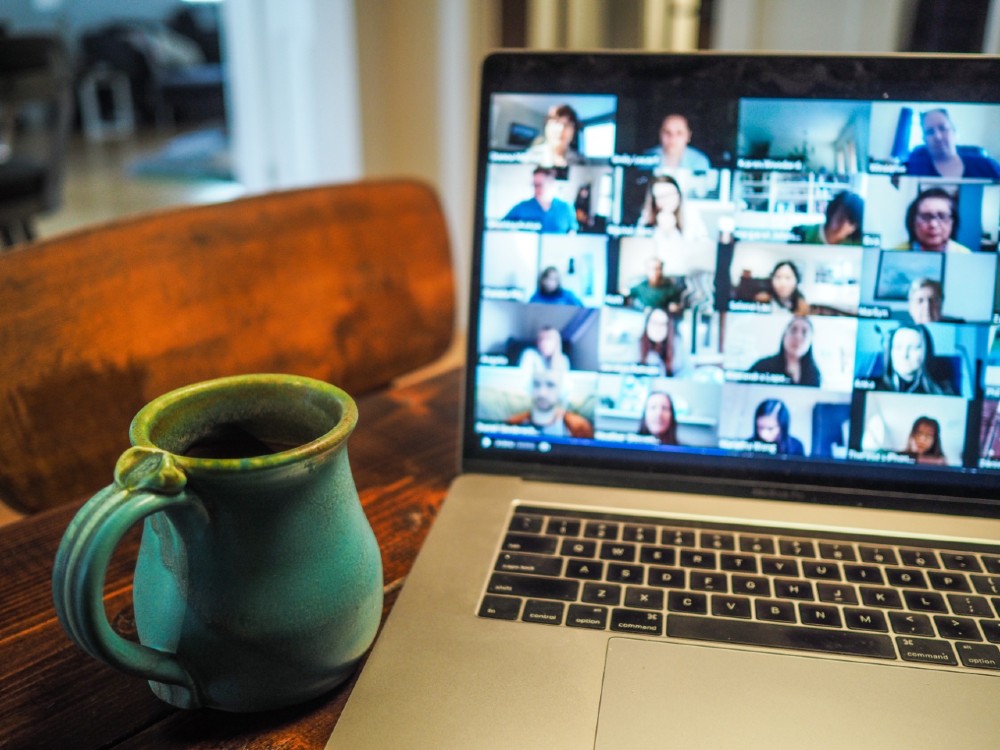For the last few years, remote work has been a major point of contention. Companies were unsure of the practice during the COVID-19 pandemic. However, many opted for the route to ensure the business stayed fruitful and to a lesser degree for the employee’s safety. One thing was very clear during that time though, people liked and some even loved, being remote. Now that the pandemic is coming to a close, the subject is back up for debate.
Since early 2022 many companies have demanded employees come back into the office full-time. Others have agreed on a hybrid arrangement: A few days in the office and a few days at home. Some companies had stated that more work is getting done and employees are happier at home, making them adopt a fully remote business model. In the end, all people want is the option of working from home or coming into the office.
It seems, however, that the rights of those choosing to stay remote are being tested. If you’ve ever worked from home, whether you’re the CEO or an employee, you normally turn on your camera for important things like meetings or one on one coaching sessions and that’s it. You would hope your employer would otherwise trust you to do your job.
Lately, though there have been stories cropping up about employees being forced to keep their cameras on during their entire workday or be vilified as unproductive and not cooperative. Many argue this is an invasion of privacy and I wholeheartedly agree, and so does the Dutch court it seems.
Tech Crunch reported that the Dutch court ruled the practice a human rights violation. A U.S based company hired an employee based out of the Netherlands. Once the employee started working, the company demanded they have their computer camera on to monitor his work day.
When he said no they fired him and had no qualms over it. However, the employee then took them to the Dutch court stating “I don’t feel comfortable being monitored for 9 hours a day by a camera. This is an invasion of my privacy and makes me feel really uncomfortable.”
What’s wild to me is according to the employee, he was already being monitored consistently as he was screen sharing during his entire day. So the company could see every click of his mouse and every word he typed. What is the need to see his face throughout the day?
As someone who has had experience working from home, there were times my partner would come home early and give me a peck on the cheek. It’s something between us and I don’t need the judgment of a company breathing down my neck because I spent 2 seconds greeting someone I live with. Or sometimes I got thirsty and drank some tea from a nearby cup. I remember this happening whilst in a meeting one time and I was indeed spoken to privately about it later. I was not allowed to have a drink at my desk….at home…though I was considered extremely productive. Do you see why some people would feel uncomfortable or at the very least hesitant about keeping their cameras on during their shift?
The Dutch came back with a verdict pretty swiftly stating that “video surveillance of an employee in the workplace, be it covert or not, must be considered as a considerable intrusion into the employee’s private life”.
And would it surprise anyone to say the company in question, Chetu, didn’t even bother to show up for the case hearing? It doesn’t surprise me. This is just another incident to say companies tend to view employees like telemarketers, sales reps, and any call center employees as numbers. If they are not above an hourly wage, they can be replaced.
Thus they treat their customers as numbers as well. A company can argue that statement all day, however, actions speak a lot louder than words. Now I’m not saying every company in the world has time to invest in everyone who walks through the door, but instead of treating it like a revolving door at a hotel, why not take the time even just a little bit of it to reevaluate your company’s policies and employee standards to work better with people in the modern era?
Maybe then your will see employees stick around for years rather than months. Maybe they would care more about their positions and then in turn care more about your customers as well. It is a literal win-win all around. The companies that continue to force down policies and practices that hurt, vilified, and demean the employees only serve to hurt themselves in the long run.
A native New Englander who migrated to Austin on a whim, Stephanie Dominique is a freelance copywriter, novelist, and certificate enthusiast. When she's not getting howled at by two dachshunds or inhaling enough sugar to put a giant into shock, she is reading, cooking or writing about her passions.






































